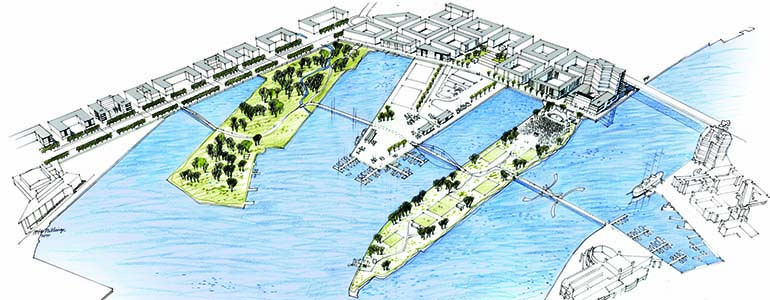Collection of Information
What?
To reach new knowledge information need to be collected, processed and analysed. There are many different ways, and possible combinations, of collecting data in this kind of project depending on the issue and what people are available to share their expertise and experiences.
How?
I. Focus groups
Focus groups are organised discussions with a selected group of people in order to capture their views and experiences. Focus groups are suitable if, for example, one wants to have many perspectives on a problem or phenomenon, and/or one wants to understand the group members' influence on one another.
"... it was them, the practitioners, who did the interviews. So when we had this process... we, the researchers,
do nothing, we keep in the background and it's the practitioners who do the actual work".
II. Lectures and workshops
Information can also be collected by inviting external experts to give lectures or lead workshops. Or perhaps focus groups sessions can be preceeded by lectures on topics that later will be discussed.
"The same thing applies to the work we did in the workshops and how we went about it. There was really lots of cooperation, throughout the whole planning and implementation."
III. Study Visits
Study visits yield information which the project group can share as a basis and reference point. Study visits also have a team-building and revitalising effect, since the members spend considerably more time together than during a regular working meeting.
" … we had the chance to spend a bit of free time together. But we didn't sit talking about other things - we talked about this (i.e. the subject of the study visit) all the time… We got to know each other better and had the opportunity to develop our viewpoints a bit more and at greater length, so… I think that meant a lot for the project".
IV. Document and literature studies
Read documents or studies with relevance for the focus of the project. Either divide the work so that one or more members read up on one limited aspect, or a number of aspects, and then reported their impressions to the rest of the group. Or let the whole group read the same text and then meet to discuss it. The important thing here is to find ways of text reading which suit everyone.
V. Interviews
Interviews are one of the most common ways to collect information in social science research. Interviews can be conducted in many different ways and can be quantitative or qualitative (or a combination of both) depending on what one wants to find out, and why.
